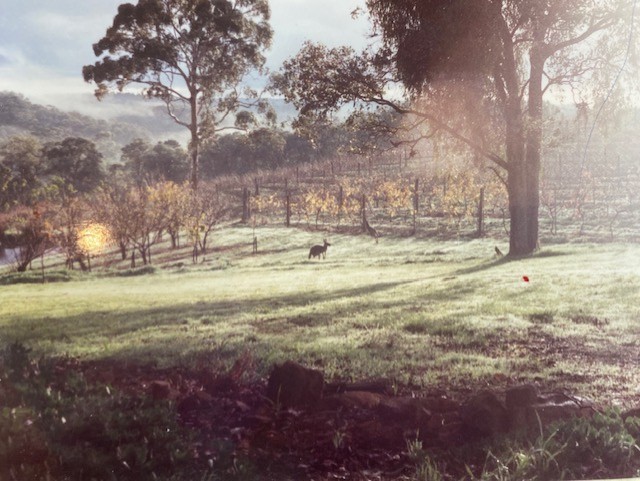Reflections on a Memorable 2024 ICC Conference, a Fortuitous Catch up and Reminiscences on the IRCC’s Founding 27 Years ago

Last week, I attended the ICC Global Conference in Long Beach, California, presenting on behalf of the International Building Quality Centre (IBQC) regarding best practices in building regulation. This event was not only a unique chance to engage with global leaders in the built environment but also invoked memories of the past i.e the early days of the Inter-Jurisdictional Regulatory Collaboration Committee (IRCC), in which I played a small part.
A Memorable Reunion: Reconnecting with John Traw
It was as unexpected as it was rewarding to meet John in person again after an interlude of 27 years. His unwavering commitment to the IRCC remained as strong as ever. We recalled some of the committee’s founding moments in 1996, following a fire protection conference in Ottawa. I was the then Deputy Executive Director of the Australian Building Codes Board, and several of us saw the need for a cross-jurisdictional platform to collaborate and improve building control systems.
A step in the IRCC’s inception took shape in 1997, at my late father’s vineyard outside Melbourne, where we progressed discussions on the creation of a collaborative group for building controllers focused on functional – and performance-based regulation concepts. I will quote directly from the IRCC website as it is on message.
- “In March 1997, at the vineyard of Kim Lovegrove’s father on the outskirts of Melbourne, Kim and Mike Balch from the ABCB, Jon Traw from ICBO, Russell Thomas and Robert Bowen from the NRC-IRC (Robert by phone), and Brian Meacham from SFPE met to discuss the formation of a group comprised of building regulatory developers, working with functional- and performance-based concepts (and soon to include objective-based concepts, when Canada chose to move in that direction).”
The Inter-Jurisdictional Regulatory Collaboration Committee (IRCC) and its Purpose
According to the IRCC website,
- “The purpose of the Inter-jurisdictional Regulatory Collaboration Committee (IRCC) is to promote effective international collaboration concerning ‘best current practice’ building regulatory systems, in particular those that are functional, objective, or performance-based. This purpose necessitates interaction with bodies having compatible interests worldwide. The IRCC provides a platform for sharing information and promoting ideas about developing new building regulatory methods in response to emerging issues.”
Global Reach: Member Countries and Contributions
Today, the IRCC includes 14 member countries, such as Australia, Austria, Canada, China, Japan, and the USA. The committee which meets annually is hosted by a different member country each time. Its primary objectives are to provide guidance on best practices, foster cooperation in regulatory development, and assist countries in navigating new challenges in building regulation.
Reflections on Growth and Sustainability
As John and I reminisced, I felt moved not only by his dedication to the IRCC but also by how the organization has evolved. In a recent discussion with Neil Savery, a former IRCC Chair, we noted the IRCC’s continued progress and its role in promoting collaborative knowledge-sharing. The organization’s continued growth nearly three decades on is a testament to the enduring value of pan-jurisdictional collaboration and the exchange of information between building controllers.
A Promising Future for the IRCC
Seeing the IRCC’s journey, from its grassroots beginnings to a sustainable, internationally supported body, was very reassuring. At the ICC conference, I had the opportunity to catch up on recent developments and reconnect with colleagues who share a dedication to building regulation innovation. For more details on IRCC member countries and activities, visit the official IRCC website. It is worth noting the enduring support provided by the ICC, particularly in maintaining the IRCC secretariat.
Postscript
My father, the late Dr. Malcolm Lovegrove and Dr Hilde Lovegrove, made the vineyard and winery available for this milestone meeting. Malcom passed away early millennium. Although the vineyard was sold years ago, the winery remains operational. I remember that day with great fondness, a very convivial and warm occasion attended by some forward thinking visionaries and it is great to see that the vision has born fruit.

